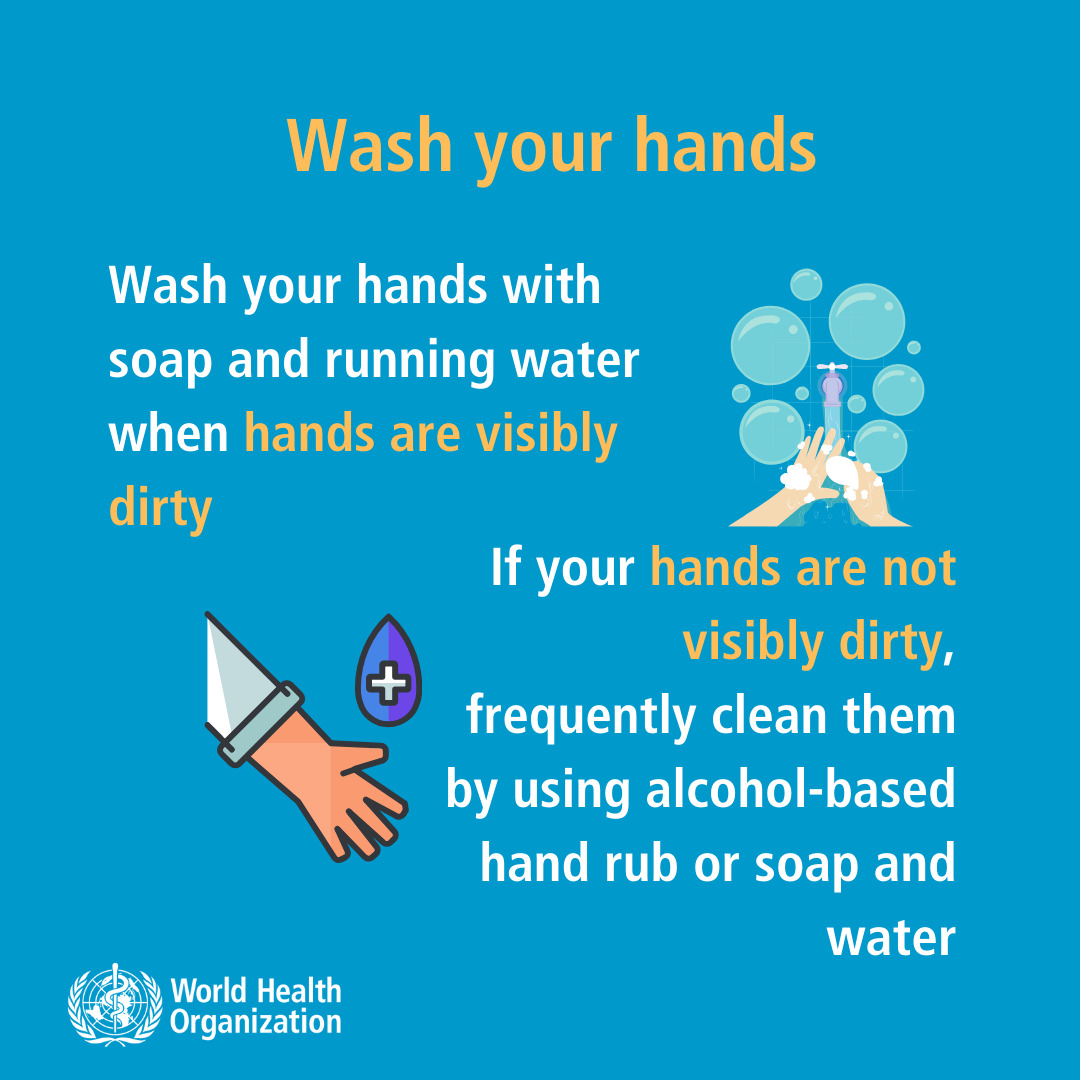
Coronavirus and rare diseases — How can we reduce transmission and cope with a rare disease during these days?
The new coronavirus outbreak is affecting people all across the planet, but there are communities who are especially vulnerable to this situation. We have learned that people over 60 — and this is more common in people over 80 — are particularly vulnerable to a severe SARS-CoV-2 infection. This virus is also dangerous to those people affected by chronic diseases, such as respiratory pathologies, heart disease or diabetes, and it can also be threatening to immunocompromised patients — due to pathologies of the immune system — AIDS, lupus, multiple sclerosis— or because they are having a chemotherapy treatment or are taking/have taken in the past immunosuppression drugs.
On the whole, rare disease patients are at higher risk of serious illness by the new coronavirus infection, so they should take extra precautions until the global epidemic is under control. First of all and in order to prevent the spread of COVID-19, both patients and caregivers should take this general information under consideration:
- Try to stay at home as much as you can, specially if you are sick — unless you need to go to the hospital or the pharmacy
- Avoid close contact with people outside, especially with those who have symptoms
- Wash your hands as often as you can with soap and water for at least 20 seconds. If you do not have soap use an alcohol-based hand sanitizer with at least 60% alcohol
- Avoid touching your eyes, nose and mouth
- Cover your cough or sneeze with a disposable tissue and then throw the tissue in the trash. Try to cough or sneeze into your elbow if you do not have tissues
In addition to these actions to contain COVID-19, rare disease patients should prepare to self-quarantine. There are several measures you can take to avoid having additional complications during this exceptional situation:
- Ask your doctors in advance how you will be able to reach them if you have any health-related queries or you need to go to the hospital
- Talk to pharmacist to ensure your medicine supply in case these start to decrease
- Make a list of family, friends and/or neighbours who you might call if you need help
- Make sure you have enough food, water and other basic supplies in case you need to remain at home for a period of time
- If you (or your child) have COVID-19 symptoms call your doctor/s before going to the hospital. They will advise you on what to do to minimise risk
- If your rare disease child asks about the new coronavirus do not avoid giving him/her some explanations — adapting to their level of understanding.
- Help children to cope with stress. You may follow these tips from the WHO

You can find further useful and updated information on NORD, Centers for Disease Control and Prevention (CDC), FSHD Society, Cancer Research UK, BC Cancer, World CDG, Myotonic or Cystic Fibrosis Foundation.
And remember to head to the Share4Rare community to share your tips or learn from others who are also coping with coronavirus outbreak and a rare disease!